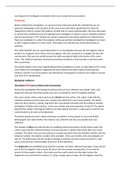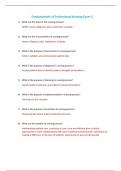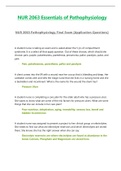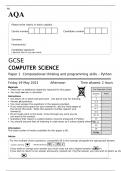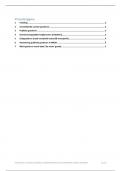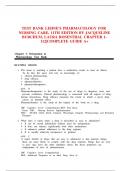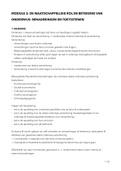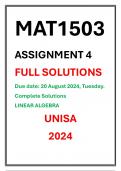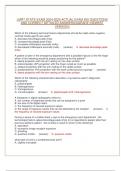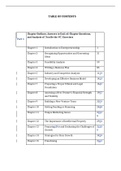Summary
Summary Assignment 2 AIM B Unit 23 - Investigate a simulated crime scene using forensic procedures DISTINCTION GRADE
- Course
- Institution
This is the second assignment for unit 23 in BTEC applied science. The assignment has been awarded a distinction grade and all the key aspects from the PEARSON specification are covered within. The assignment gives an indication where the marking criteria is and also a bibliography is provided at t...
[Show more]
